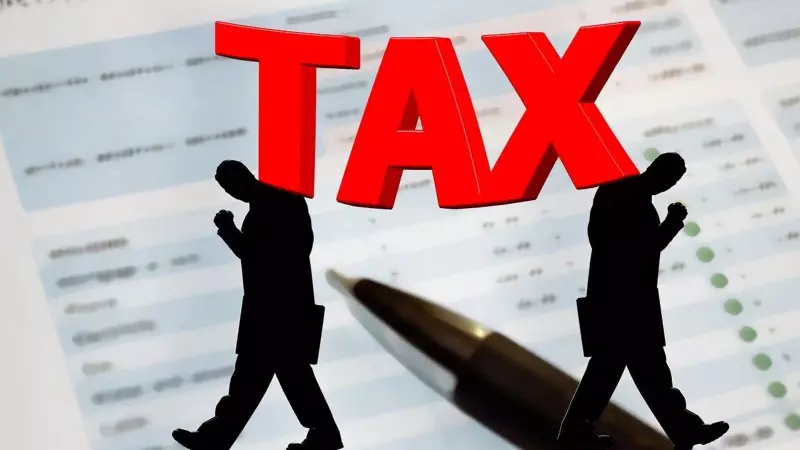
That stack of cash sitting in your locker might seem harmless, but depositing it into your bank account could land you in hot water with the tax authorities. The Income Tax Department has sophisticated systems monitoring high-value transactions, and large cash deposits are among the biggest red flags that can trigger a tax notice.
Why Big Cash Deposits Attract Tax Scrutiny
When you deposit substantial cash amounts exceeding ₹10 lakhs in a financial year across your savings accounts, or make a single cash transaction of ₹2 lakhs or more, the banking system automatically raises an alert. These transactions are reported to the Income Tax Department through the Statement of Financial Transactions (SFT) system.
The tax authorities are particularly concerned about:
- Unexplained cash deposits that don't match your declared income
- Possible tax evasion through unaccounted money
- Violations of cash transaction limits under Section 269ST
The ₹2 Lakh Rule You Can't Afford to Ignore
Section 269ST of the Income Tax Act prohibits anyone from receiving ₹2 lakhs or more in cash from a single person in a day, for a single transaction, or transactions related to one event or occasion. Violating this rule can lead to a penalty equal to the amount received.
"Many taxpayers don't realize that even genuine cash savings can create complications if not properly documented," explains a tax consultant. "The burden of proof always lies with the taxpayer to explain the source of funds."
Smart Strategies to Avoid Tax Troubles
- Maintain Proper Documentation: Keep records of cash withdrawals, sale proceeds, or any other legitimate sources of your cash.
- Break Large Deposits Intelligently: While don't engage in illegal smurfing, plan your deposits well in advance and space them out with proper documentation.
- Use Banking Channels: For large transactions, always use banking instruments like cheques, drafts, or online transfers instead of cash.
- File Your ITR Accurately: Disclose all high-value transactions in your income tax return and be prepared to explain the source if asked.
- Consult a Tax Professional: When in doubt, seek advice from a chartered accountant or tax consultant before making large cash deposits.
What If You've Already Received a Notice?
If you've received an income tax notice regarding cash deposits, don't panic. Gather all supporting documents that explain the source of funds. This could include:
- Previous years' bank statements showing cash withdrawals
- Sale agreements for property or assets
- Loan documents from relatives
- Gift deeds if the money was received as a gift
- Income from agricultural activities with proper proof
Remember, the key to navigating income tax scrutiny is transparency and proper documentation. By understanding the rules and planning your financial transactions wisely, you can avoid unnecessary tax notices and sleep better at night.





